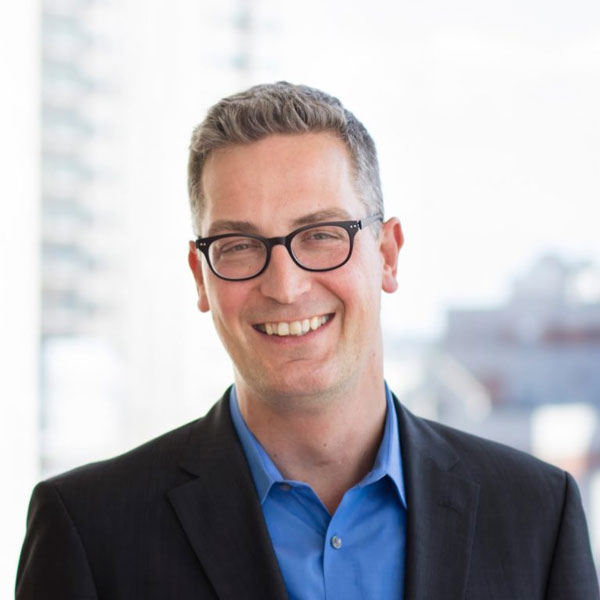
April 26, 2019; New York Times
The immediate overwhelming outpouring of donor generosity, nearing $1 billion in just a day, in response to scenes of Paris’s iconic Notre Dame cathedral in flames has been greeted with both gratitude and serious inquiry. NPQ’s coverage, noting the growing degree of criticism, contrasted the gifts going toward rebuilding the cathedral with the smaller, limited response to the human tragedy of the recent cyclone in Mozambique. Was rebuilding the cathedral the best use of these funds? Is it an either-or question? Who decides?
The debate has continued in the weeks that followed, raising additional important questions about the nature of modern philanthropy and its responsibility to the public interest. It’s also led some to cry foul, seeing the criticisms as unfair, misguided, and even potentially harmful.
When critics challenge large donors’ ability to prioritize rebuilding a burned-out church over ensuring people have access to basic life needs, others say they confuse concerns about public policy with the rights and social role of philanthropy. Phil Buchanan, chief executive of the Center for Effective Philanthropy and the author of Giving Done Right, told the New York Times that he worries “that we’re conflating concerns over our approach to taxation with a critique of philanthropy, and I don’t actually follow the logic.”
I don’t believe most big philanthropists are motivated by a desire to maintain the status quo via their giving or to protect themselves from higher taxation…what I’m more concerned about is the broad-brush critique of the whole concept of giving and the underappreciation of all the good giving has done. We need a healthy civil society doing different things.
Sign up for our free newsletters
Subscribe to NPQ's newsletters to have our top stories delivered directly to your inbox.
By signing up, you agree to our privacy policy and terms of use, and to receive messages from NPQ and our partners.
Opponents see these criticisms as violating a social norm that has served society well: the right to decide how personal assets are utilized. Nick Tedesco, senior philanthropic adviser at J.P. Morgan Private Bank, asks, “When did we get to a place where we feel comfortable criticizing other people’s altruism?” The fear is that donors, hurt by the sting of public challenge, will pull back and give less—or, as many already have, find ways to give that shield them from public exposure or further minimize social accountability. As Sullivan points out, “For those who would rather avoid backlash, anonymity is always an option.”
Caroline W. Hodkinson, director of philanthropic advisory at Bessemer Trust, said some of the firm’s wealthiest clients were opting to use limited liability companies to hold money that was earmarked for philanthropy but that could also be used for impact investing. The investment vehicles give donors greater flexibility over how the money is managed, but they also provide near-total anonymity.
All of these debates center on the legitimacy of oligarchy, and even if Buchanan does not see the logic, we do. It has to do with context and democracy. This reasoning is not so very farfetched when, for instance, Jeff Bezos is an accepted part of the philanthropic scene while Amazon manages to pay no federal taxes. The fact that it has managed to make itself a corporate no-tax zone and is actively looking for tax incentives to site its operations displays a set of values that maybe some of us do not want to play into, especially when we have no say in the decision-making.
It seems that the right of great wealth to determine what this world needs is becoming less and less of a social norm amongst the people. But when all else fails, a little shaming and blaming of those who are unhappy with the democratic consequences of the wealth divide may be just the trick. Says Tedesco, “With Notre Dame, you were able to tap into otherwise dormant philanthropic capital,” he said. “But that leads to the question: Why is philanthropic capital lying idle?”—Martin Levine











